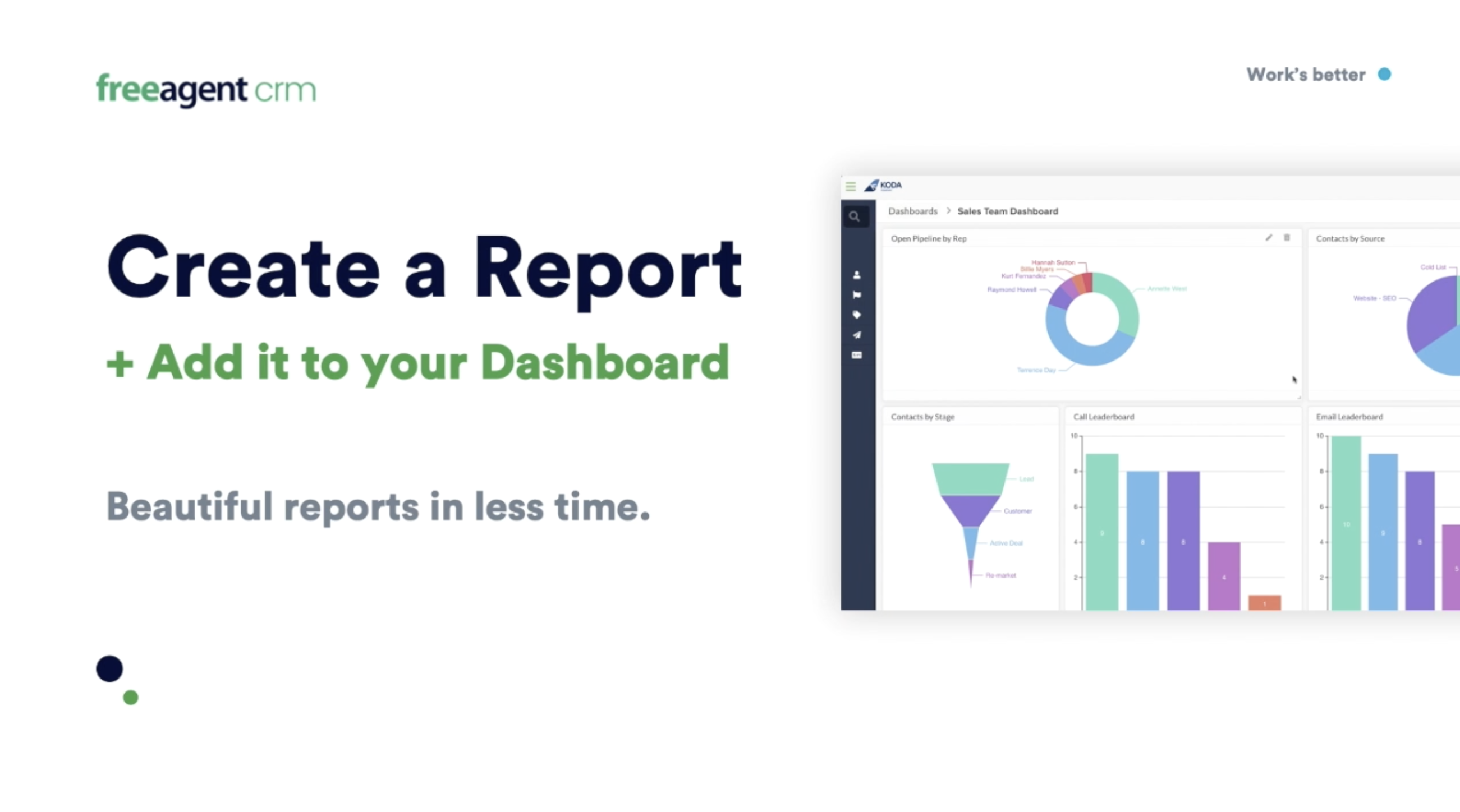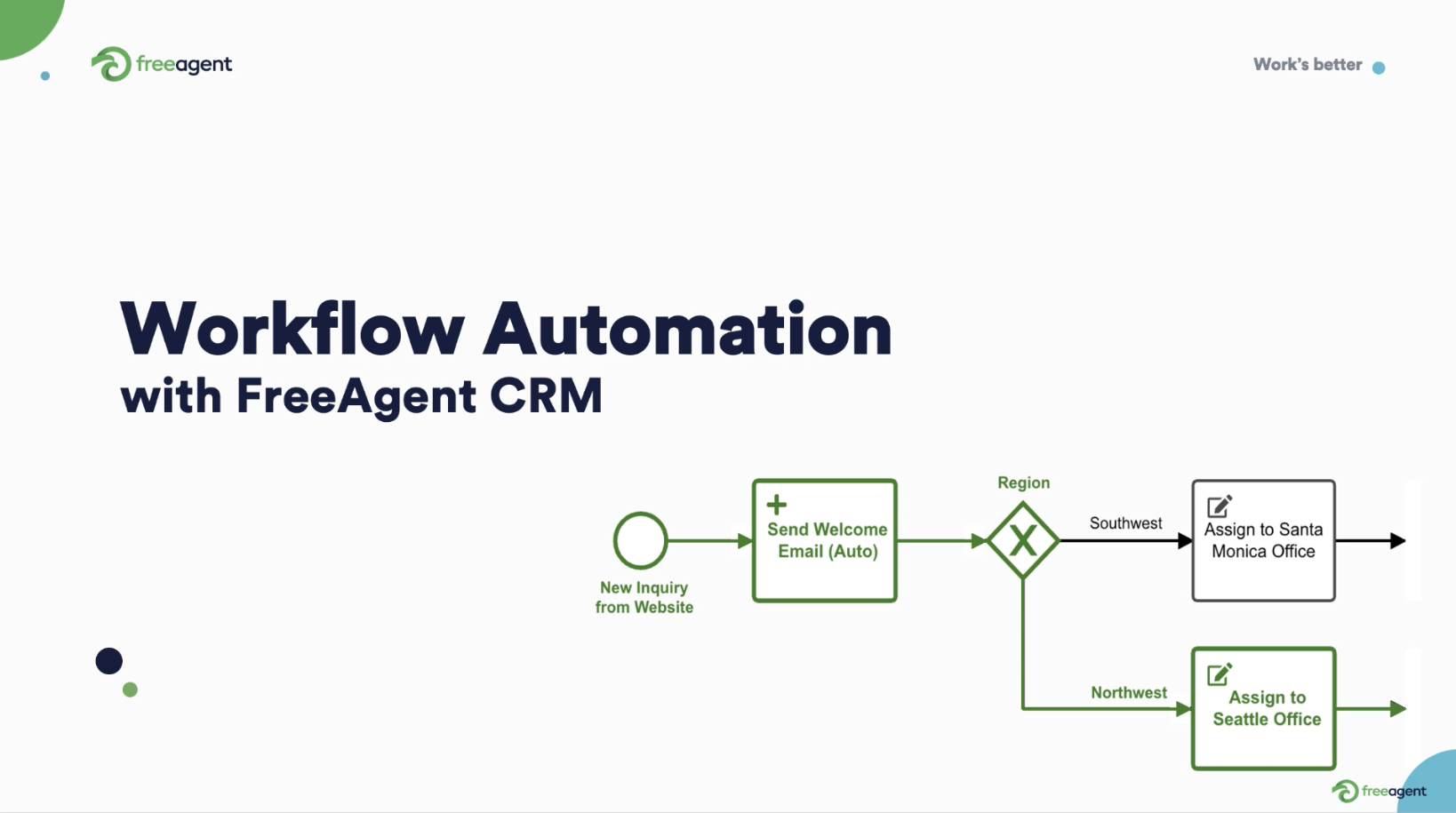A lot of deals are lost at the finish line due to poor quoting. This is because quoting is the easiest stage to overlook in your sales opportunity management strategy. There are a few reasons for this:
- Quoting is a late-stage skill: No matter how effective your sales process is, sending a quote will not be something your team does as routinely as making a discovery call or performing a product demo. This means they won’t be as practiced at sending quotes as they are in other areas of the sales cycle.
- Quoting metrics can be hard to measure: Fewer deals overall are lost at the quoting stage because most deals don’t get that far, which makes data sets around quoting small and hard to analyze.
- Quoting failures are attributed to pricing issues: It’s hard to say if a sale was lost because our quote was bad — or if it was the result of our pricing, a competitor undercutting our offer, issues with the customer experience, or just cold feet by the potential customer.
While these challenges make quoting a hard skill to refine and master, they also provide an opportunity for you to demonstrate expertise and gain differentiation.
A good quote can set you apart from your competitors and help improve the customer experience and your sales performance.
This is especially important for a small business trying to compete in markets dominated by corporate titans because quality quoting doesn’t require expensive tools or a team of experts to achieve.
What is a quote?
A sales quote is a document that outlines the estimated cost and conditions for purchasing your goods/services.
A quote is not a contract — merely an offer between you and a prospective customer.
That said, while not legally binding, changing a quote after it is sent or failing to include all the potential costs and conditions in the quote can sour relationships and erode trust, leading to poor customer satisfaction.

What information to include in a quote?
Successful quoting is in the details. The following information should be included in all of your quotes:
- Your company’s business information: Include your company’s name, address, and contact info (phone, email, social media). If you can do this via a branded email or company letterhead, even better.
- The prospect’s information: Include the main contact’s name and title as well as their company name.
- A brief description of the products/services you are offering including costs: This should include a detailed breakdown of each product or feature you are offering with the associated cost and delivery timeline. You are trying to demonstrate the value of your offering here, so include details about the benefits of your products and highlight any special offers you are making.
- Date of issue/validity: Include both the date you send the quote as well as its expiry date. A 30-day period of validity is pretty standard for most industries.
- Terms and conditions: A clear outline of your terms and conditions will save you headaches in the long run. Include factors such as payment terms and accepted methods, required deposits or fees, cancellation/return policies, and what happens in the case you fail to deliver on time or in full.

Good quotes vs. bad quotes
Not all quotes are created equal. Let’s take a look at what separates the good from the bad.
- Personalized vs generic: Your prospects want to feel heard. A personalized quote that speaks directly to their specific concerns is a great way to show them you are listening.
Rather than just listing the products/services you’re offering with generic descriptive text pulled from your website, try to tailor your product/service descriptions to your prospect.
If you can make call-backs to issues you discussed in previous meetings and highlight how a specific product or feature will address that issue, all the better.
When discussing pricing or timelines, reiterate why a discount was offered or a deadline moved up. Don’t be afraid to let them know you are making an exception to win their business.
As a good litmus test, before sending a quote, ask yourself if you could send this quote to another prospect simply by changing the name at the top. If you could, try digging a little deeper to find what makes this offer unique.
- Accurate vs best guess: Your quote is an opportunity to set the expectations around what lies ahead should your prospect decide to do business with you. Failing to meet these expectations can result in far worse consequences than just losing a deal.
That is why it is essential that your estimates are based on up-to-date and accurate data, not best guesses or optimism. For example, it is far better to provide a date range for delivery that is accurate rather than a specific date that could be off by a day or two.
The same goes for pricing. Your quote should include all anticipated costs, even one-time fees or deposits. These cost breakdowns should detail what they cover and when they are due as well as any other pertinent information.

- Timeliness vs delays: Getting a quote out to a customer in a timely fashion can mean the difference between closing a deal and losing out to a competitor.
The challenge is that delays in quoting are rarely the result of the sales rep. Rather, they represent communication breakdowns or bottlenecks in your business processes.
For example, if a sales rep has to wait a day or more for responses from other departments regarding delivery timelines, or has to badger their sales manager multiple times for approvals on special offers, there is little they can do to speed things up.
Fast and accurate quote delivery relies on open communication channels between team members and departments. Communication is the foundation of all your customer service and customer success efforts and there are no shortcuts or workarounds for this.
The challenges with quoting
There are 4 key challenges that make quoting difficult. They are:
- Bad data: If your data is hard to access, out of date, or inaccurate, it can be difficult to compile a quote. This can also lead to miscommunications if special offers or requests made earlier in the sales process weren’t properly recorded.
- Lack of alignment: If your sales, marketing, and product or development teams aren’t on the same page, it can be challenging to find common ground when making an offer.
- Disconnected business processes: If your sales team doesn’t have at least a cursory understanding of your product or development processes, quoting becomes a guessing game.
- Disjointed toolsets: If your sales team has to jump from one tool to another (and another, and another) when compiling a quote, you are opening up room for error and losing valuable time.
The right tools make all the difference
There are two main options to consider when looking for help with your quoting needs.
- Quote management software solutions provide the tools needed to design, automate, and deliver quotes. Many also provide the means to track shipments and manage billing.
- CRM (customer relationship management) software provides everything you need to optimize your entire sales process, including quoting. You can design branded quote templates, automate and deliver your quotes, and use task alerts and reminders to follow up with prospects.

Why a CRM is the best option for quote management
We’re biased, but we believe CRM software is the best tool for quote management. Not only does a CRM make quoting easier, but it also addresses all of the key challenges with quoting.
- Improved access to account info: With a CRM system, every customer interaction you have with a prospect is captured and timestamped, which means you know it’s accurate and up to date.
You can also see the notes and interactions from other sales reps who may be working on the account, or access other contacts associated with the account. This gives you insights that may help with positioning your offers or understanding your potential customer’s unique needs.
You can use this customer data to personalize your quotes and save time searching for information in old email chains or spreadsheets.
- Alignment with other teams: One of the biggest friction points in the quoting process is getting input from other teams.
For example, it’s hard to quote accurate delivery timelines without talking to your product or development team. It’s also hard for those teams to approve a special request without insight into why it is needed.
A modern CRM platform serves as a centralized hub for your sales, product, development, and marketing teams to work from. This speeds up approvals and improves cross-team collaboration, leading to quicker, more accurate quotes.
- Better integration with other sales and marketing tools: Within a CRM, you can compile a quote, send it out, follow up, validate the signature, initiate the shipment, track the shipment, and request feedback — all without leaving the platform.
This increases the focus of your sales reps, reduces input errors, and eliminates redundant data entry.
- More robust reporting and analysis: It’s hard to evaluate how effective your quoting process is without hard data. A CRM provides you this data in easy-to-digest reports that can be shared with your team, leadership, and the board.

FreeAgent CRM can help you create better quotes, today
FreeAgent is a modern CRM + work management platform designed to address today’s evolving business needs. Our platform is simple, intuitive, and can be configured to meet your needs and make the most of every sales opportunity.
FreeAgent can help you improve your quoting process with:
- Customizable templates to save you time through standardized quotes.
- CRM automation and task alerts to speed through approvals and guide your sales professionals.
- A centralized work management platform to improve collaboration for more accurate and consistent quotes.
FreeAgent is the best CRM solution for quoting and can help you improve every customer interaction. Get started with FreeAgent CRM today.







